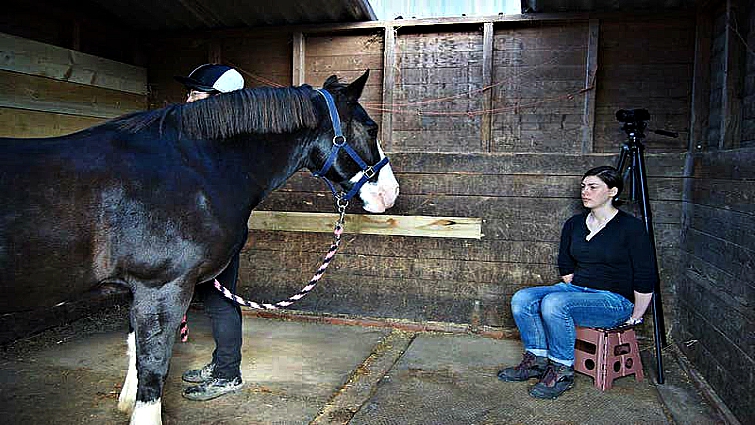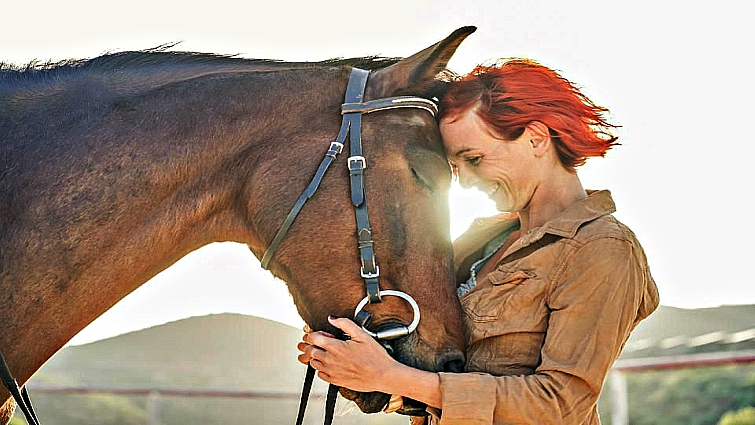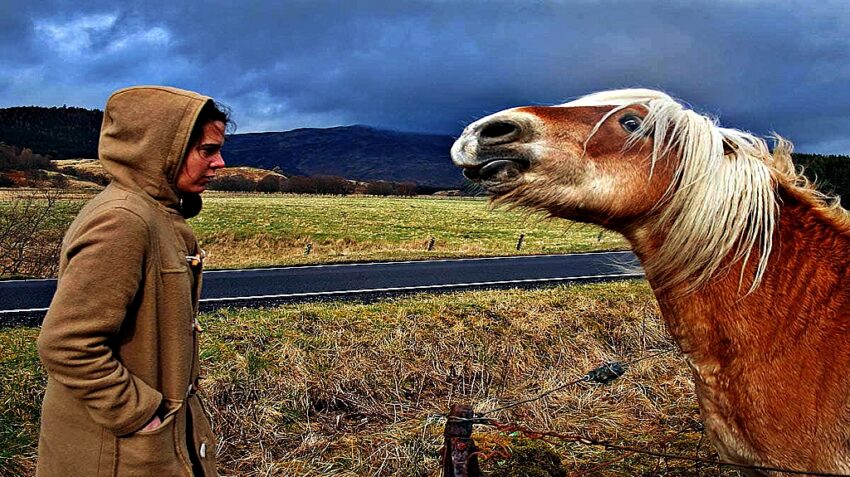Why the long face? Horses can remember the facial expressions they see on human faces and respond differently if you smiled or frowned when they last saw you. Leanne Proops, now at the University of Portsmouth, UK, and her colleagues at the University of Sussex showed in 2016 that horses respond differently to photographs of happy or angry human faces. Now they have studied whether horses can form lasting memories of people that depend on their facial expressions. First, they showed horses a photo of one of two human models, displaying either a happy or angry face.

Several hours later, the model visited the horse in person, this time with a neutral expression. As a control, some horses saw a different model in the second part of the one they saw in the photograph. Crucially, the models didn’t know which photo the horse had seen earlier. In the early 20th century, a horse called Clever Hans amazed audiences by appearing to answer simple mathematical problems by tapping his hoof. It turned out he was responding to involuntary cues from his trainer. Proops’ study aimed to eliminate such cues. The team found that the horses remembered the models’ previous facial expressions.

Horses prefer to look at negative and threatening sights with their left eye, and positive social stimuli with their right eye. In the study, when they saw a model they had seen frowning earlier, they spent more time looking with their left eye. They also exhibited more stress-related behaviors, like scratching and floor sniffing. In contrast, when they saw a model they had seen smiling earlier, they spent more time looking with their right eye. Many other animals have shown an ability to remember human faces, including sheep and fish.

Wild crows will hold a grudge for years against people who have treated them badly, and even teach other crows to mob their enemies. However, the horses seem to form an opinion about people based only on their expression in a photograph. “That’s something we haven’t really seen in animals before,” says Proops. “The horse family has the most expressive faces after the primates, so logically they pay attention to faces and expressions,” says Frans de Waal at Emory University in Atlanta. “Horses surrounded by people have ample opportunity to learn what our expressions mean.”
https://www.facebook.com/newscientist/videos/10156580861809589/
